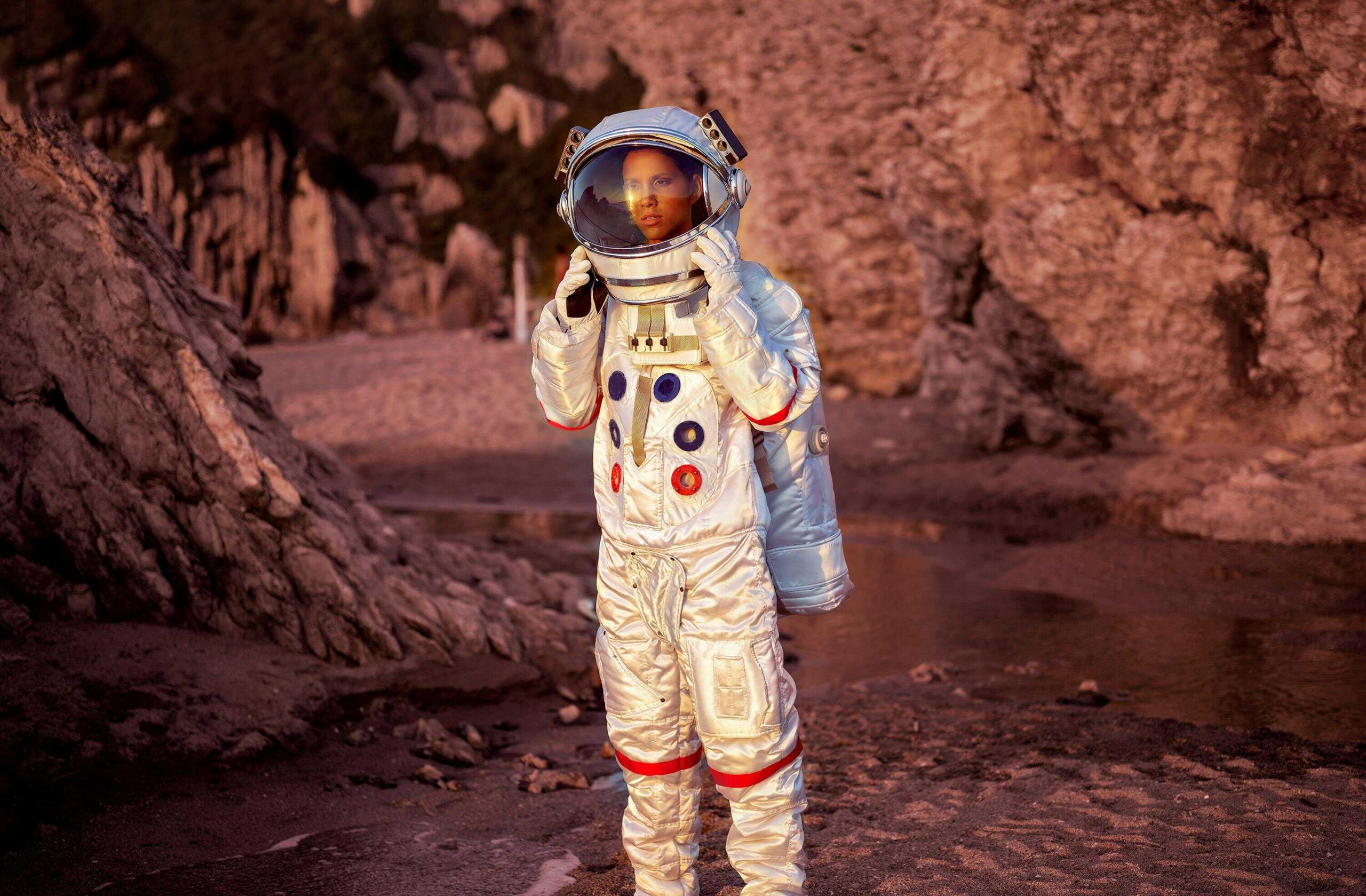
Space Science and the Journey to Mars: Dream or Reality?
Article Level: A1-A2
Explanation: This article explores the dream of travelling to Mars, the reasons scientists are interested in the Red Planet, the progress in space science, and the challenges humans face. It asks: will life on Mars remain a dream, or soon become reality?
Read more: Space Science and the Journey to Mars: Dream or Reality?Commonly Used Words from the Article
-
Journey /ˈdʒɜːni/ (noun): The act of travelling from one place to another.
The journey to Mars takes many months.
-
Future /ˈfjuːtʃə/ (noun): The time that comes after now.
In the future, people may live on Mars.
-
Challenge /ˈtʃælɪndʒ/ (noun): A difficult task or problem.
Living on Mars is a big challenge for humans.
-
Discover /dɪˈskʌvə/ (verb): To find something new.
Scientists discover new things about Mars every year.
-
Science /ˈsaɪəns/ (noun): Knowledge about the natural world.
Space science helps us understand the universe.
Audio File of the Article

Space Science and the Journey to Mars: Dream or Reality?
Space has always been a mystery for people. We look at the night sky and see the Moon, the stars, and sometimes the red planet, Mars. For many years, humans have dreamed about travelling to Mars. But is this dream possible? Or is it only science fiction? Let us explore the reality of space science and the journey to Mars.
The Dream of Mars
Mars is often called the “Red Planet” because of its colour. For centuries, scientists and writers have imagined life there. Stories, films, and books have shown people living on Mars or meeting aliens. These ideas make Mars very interesting for everyone.
Why Mars?
Mars is special because it is similar to Earth in some ways. A day on Mars is almost the same length as a day on Earth. Mars also has seasons, mountains, and valleys. However, it is very cold and dry. The air is thin, and people cannot breathe there without help. Still, scientists believe Mars could one day become a place for humans to live.
Space Science Today
In recent years, space science has made big progress. Robots have landed on Mars to study the land, rocks, and weather. NASA and other space agencies are planning to send astronauts in the future. New rockets and machines are being tested to make this journey possible. These missions give us important information about how humans might live on Mars.
The Challenges
Travelling to Mars is not easy. The journey takes around seven months. Astronauts need food, water, and air for the whole trip. They also need protection from space radiation, which can be dangerous. Living on Mars will also be difficult. There is no oxygen, and the ground is not good for farming. Scientists must find new ways to grow food and make water.
Dream or Reality?
For now, living on Mars is still a dream. But every year, science gets closer to making it real. Many people believe the first humans could reach Mars in the next twenty or thirty years. If that happens, it will be one of the greatest steps in human history.
Conclusion
The journey to Mars is more than just a dream. It is a challenge that brings science, technology, and imagination together. While we are not there yet, the dream of Mars may soon become a reality. Until then, we can keep looking at the red planet and wondering what the future holds.

Grammar Notes
-
Grammar Structures in the Article:
-
Present Simple Tense: Used for facts and general truths.
-
Example: Mars is similar to Earth.
-
-
Present Continuous Tense: Used for actions happening now or developing.
-
Example: Scientists are planning to send astronauts.
-
-
Future with “will”: Used for predictions.
-
Example: Humans will need protection from radiation.
-
Short Lesson:
-
Use Present Simple for facts: The sky is blue.
-
Use Present Continuous for things happening now or planned: We are learning about space.
-
Use will for predictions: Humans will travel to Mars.
-
Join Our FREE English Grammar Course and improve your grammar skills!

Five Questions Based on the Article
-
Why is Mars called the “Red Planet”?
-
-
What makes Mars similar to Earth?
-
-
How long does it take to travel to Mars?
-
What problems do astronauts face on Mars?
-
When might humans reach Mars?
Join Our FREE Weekly English-speaking Class and improve your speaking skills!

We’d love to hear your thoughts! Join the conversation by leaving a comment below. Sharing your insights, questions, or experiences can help you connect with others in our English learning community. It’s a great way to practice your English skills, engage with like-minded individuals, and improve together. Don’t be shy—jump in and let’s keep the discussion going!

 EnglishMasteryHub
EnglishMasteryHub